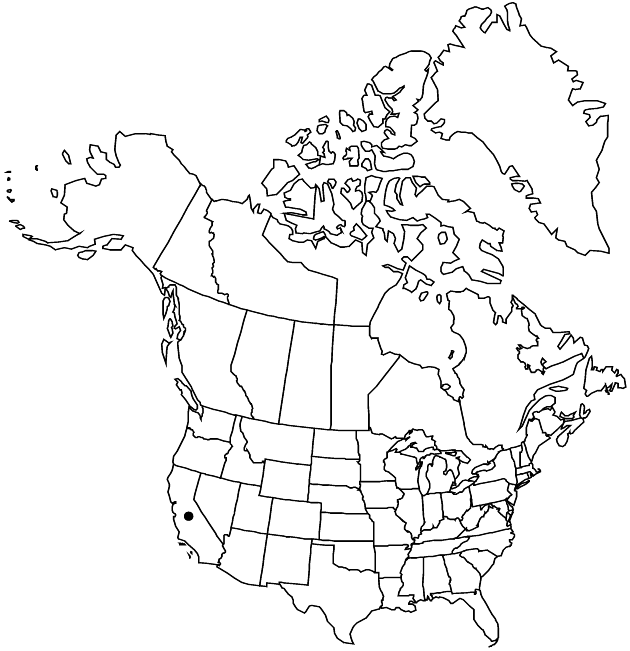familyAsteraceae
genusDeinandra
speciesDeinandra increscens
subspeciesDeinandra increscens subsp. villosa
Difference between revisions of "Deinandra increscens subsp. villosa"
Novon 9: 469. 1999.
Basionym: Hemizonia increscens subsp. villosa Tanowitz Syst. Bot. 7: 331. 1982
Treatment appears in FNA Volume 21. Treatment on page 284.
FNA>Volume Importer |
FNA>Volume Importer |
||
| Line 53: | Line 53: | ||
|publication year=1999 | |publication year=1999 | ||
|special status= | |special status= | ||
| − | |source xml=https://jpend@bitbucket.org/aafc-mbb/fna-data-curation.git/src/ | + | |source xml=https://jpend@bitbucket.org/aafc-mbb/fna-data-curation.git/src/f50eec43f223ca0e34566be0b046453a0960e173/coarse_grained_fna_xml/V19-20-21/V21_695.xml |
|tribe=Asteraceae tribe Heliantheae | |tribe=Asteraceae tribe Heliantheae | ||
|subtribe=Asteraceae (tribe Heliantheae) subtribe Madiinae | |subtribe=Asteraceae (tribe Heliantheae) subtribe Madiinae | ||
Revision as of 20:39, 16 December 2019
Stems usually decumbent, densely leafy. Heads ±congested. Ray florets (8–)12–13. Disc florets (12–)18–31. 2n = 24.
Phenology: Flowering Jun–Sep.
Habitat: Coastal bluffs, fields
Elevation: 30–50 m
Discussion
Of conservation concern.
Subspecies villosa occurs on the northern South Coast, near Gaviota. It is in the Center for Plant Conservation’s National Collection of Endangered Plants.
Selected References
None.
Lower Taxa
None.
